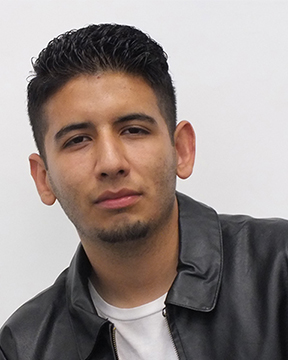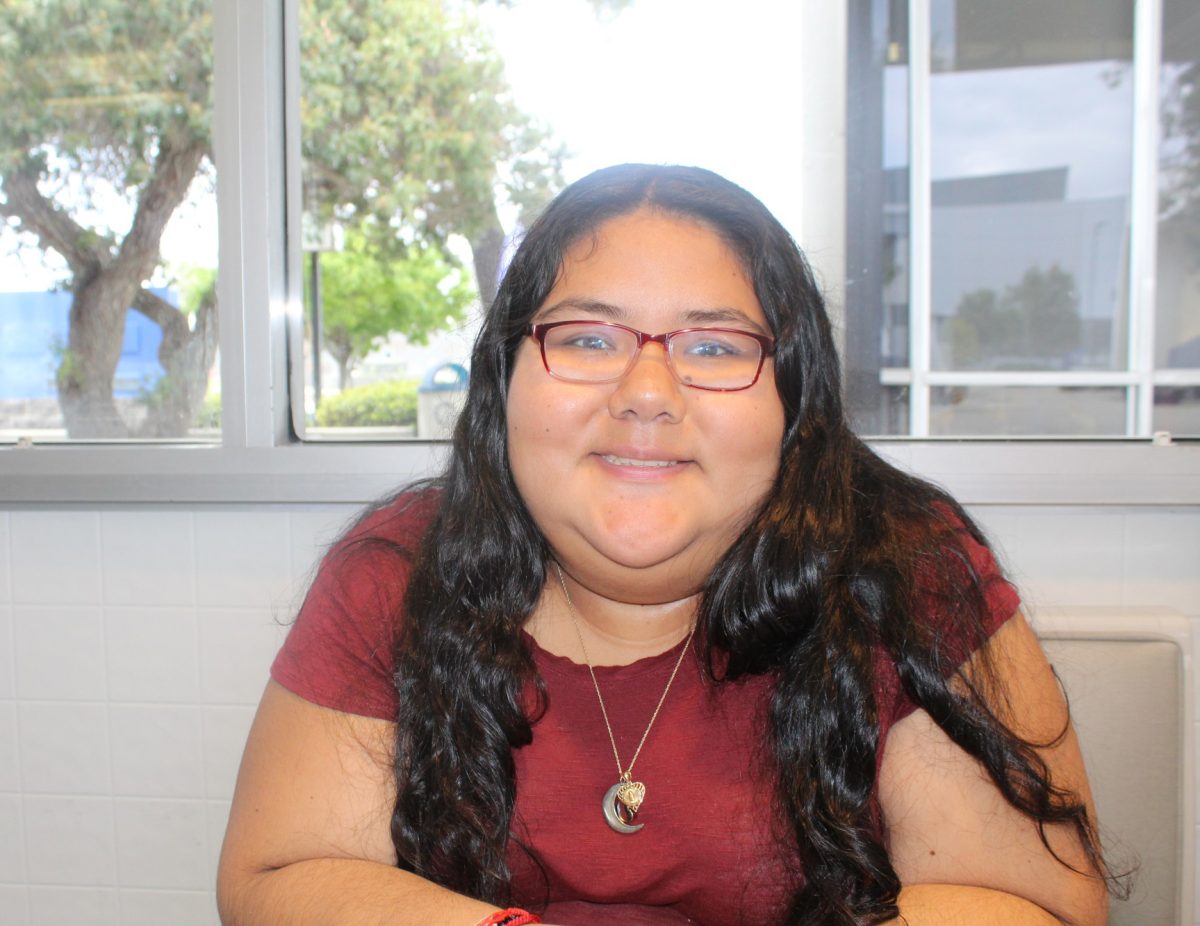Schools in general should require a sex education so students could have a better understand of sexuality.
There is a lot of misinformation about sexual heath out there and taking sex education course could help educate students about sex.
There is a belief among people that sexual education makes young adults promiscuous or unable to control their sex drive.
Research that of National Survey of Family Growth found that teens that receive comprehensive sex education are 50 percent less likely to experience pregnancy and 60 percent reduced unprotected sex.
Sexuality is broader than having sexual activities; it’s what we as humans represent and identify ourselves and students show know how to express themselves.
Since the majority of college students are young, they are exposed to sexual imagery and language through the media and environment, which shapes and influences our sexuality.
Parents sometimes don’t educate their own kids about sex. Youth will be influence by what they see on television, movies, Internet and what they hear from friends, which could be false information.
Sex is glorified and exploited by the media in a way for the people to feel insecure about themselves into thinking they need to buy the product in order to look and be attractive.
The media’s image of sexuality is often false, and could be one sided.
If girls and boys aren’t educated about sexuality at an early age, they will identify their sexuality with what they see or hear in the media, which often represents women and men as sex objects.
This is where a sex education course can be useful for the student body. Students can learn how to be comfortable with their own bodies, how gender roles have evolved over time, and how gender identity is a key when it comes to self-esteem.
Everyone is born with a gender identity and it is important for students to be enlightened in order to understand themselves.
Another important aspect of how sexual education can help the student body is by informing them about sexually transmitted diseases.
According to the Centers for Disease Control and Prevention, half of all sexually transmitted diseases affect people within the age of 25 and younger.
Most people don’t even know they have a sexually transmitted disease since most sexually transmitted diseases often show no symptoms.
Regular screen testing and getting vaccinations against certain sexually transmitted diseases are valuable resources for students as well as the world population.
Most parents and school officials often focus on the idea for students to practice sexual abstinence until marriage since it is the only full proof method of avoiding sexually transmitted diseases and/or unwanted pregnancies.
Often parents and school officials ignore that most people find it very difficult to remain abstinence.
Along with abstinence, students should be taught how to practice safe sex, how to properly use a condom, how to use birth control, being sexually exclusive, and how to communicate effectively with their partner so students can decide for themselves when the opportunity for a sexual encounter arises.
Sex education is the best way for students to understand others, as well as their own, sexuality.
Understanding the variations of human sexuality and sexual behavior helps people have an open mind and accept people for they are.
Sex is still seen as a taboo, which is causing people to make poor decisions, especially when they express themselves sexually.
Being comfortable and knowing your own body can lead to healthy sexual expression in people.
Topics that involve key words such as orgasm, masturbation, homosexuality, intimacy, love and sex in a relationship, can be discuss in a sex education course without the fear of being ridiculed.
Sex education is just as important as any math or science course and is fundamental for those who want a healthy sexual life.















